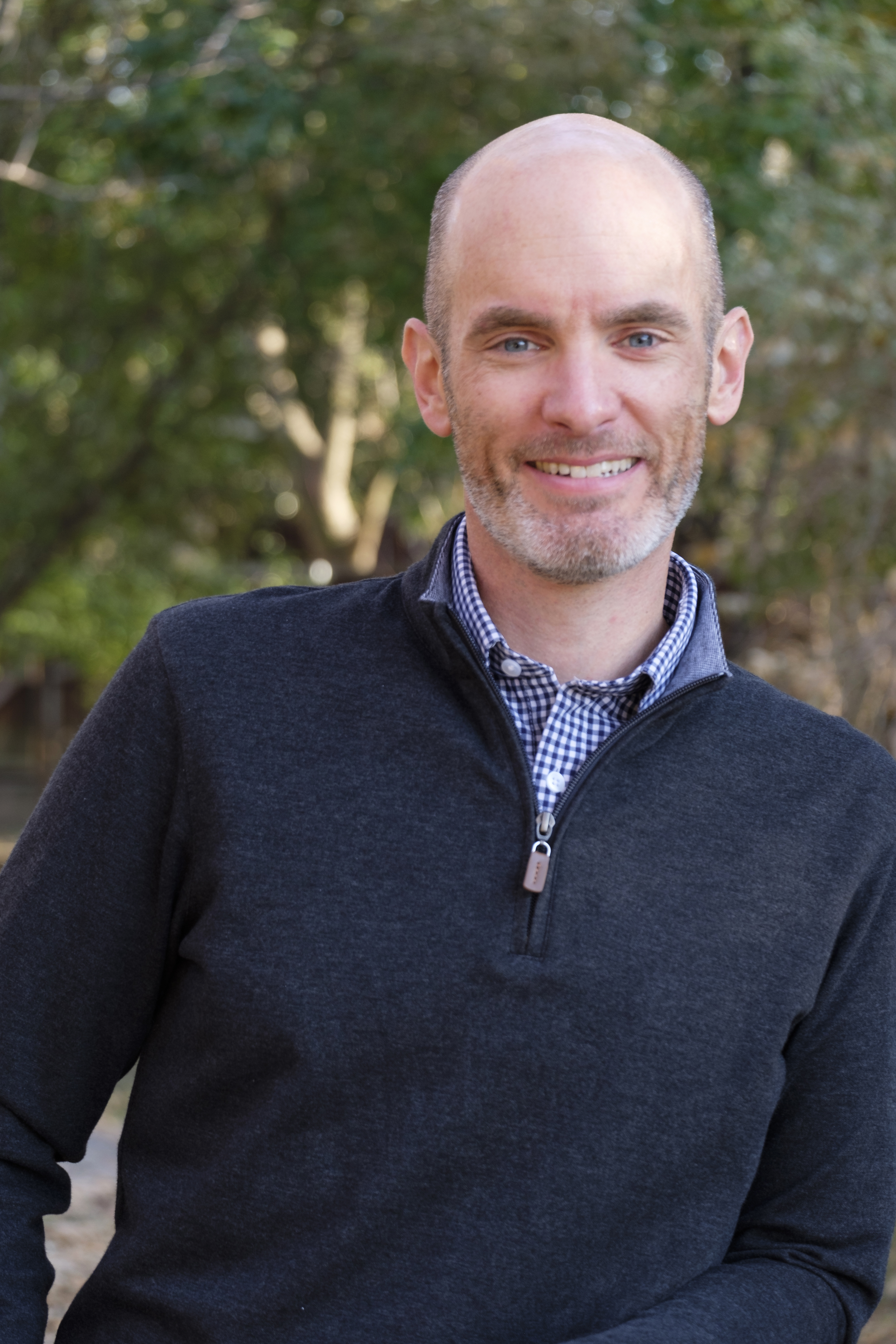
Deconstructing Busy and Finding Rest
Let’s talk about something that we all typically struggle with (myself included): achieving rest. The title of this news report says it all: “Everybody is exhausted.”
Generally speaking, we need more sleep, are overstressed, and don’t take the time off work we need and deserve.
Even when we get downtime it is often not spent in a way that is refreshing. That’s because we rarely unplug and get away from things that buzz, ping, and beep. Our Social Media news feeds produce more info than our brains could ever possibly process. There are always more shows to binge-watch, and video games to get entirely immersed in, and email threads to reply to. There is nothing inherently wrong with any of these items (smartphones, Netflix, video games, work), but we must consider the effects of sensory overstimulation on our minds that were created to have a regular cadence of rest.
Taking a day off work to rest is one of the 10 Commandments. Work for six days, rest for one. This day of rest is known as that Sabbath. Within the Biblical context, it is viewed as a day to pause to enjoy God’s creation, reorient oneself to God, and to find rest.
Modern times has seen the rise of the concept of the “Secular Sabbath.” It’s a non-religious emphasis on the need to unplug and unwind. Surprisingly, the most vocal advocates for this practice are those working in the tech industry. The program designers and software engineers of all the devices that keep us plugged in are keenly aware of the toll they can take on a person’s health. As Pico Iyer notes in his article expounding the value of a Secular Sabbath, “The very people, in short, who have worked to speed up the world are the same ones most sensitive to the virtue of slowing down.”
From Mt. Siani to the halls of Google it has been commonly accepted that intentional rest is an essential part to healthy living. But while the principle is highly regarded, the actual practice of rest is often elusive. Part of the reason is due to the pride we take in being busy.
It’s easy to believe that busy people are in high demand. They are in high demand because their work is meaningful. Their work is meaningful because they are good at what they do. Who doesn’t want to be sought after because what you do is good and makes a difference?
And so if we stay busy, and say we are busy, we get a boost to our self-worth.
Or maybe we make ourselves busy because we are undisciplined and unfocused. Maybe in the pursuit of being busy and proving our self-worth, we are sacrificing what is really worthy of our time.
In his article, Busy is the Worst Answer You Can Ever Give, Tim Denning challenges the part in us that seeks to gain self-worth from our busyness. And he points out another significant pitfall of living a busy life: “The past can make you depressed and the future can make you anxious. Both these outcomes are very common with people that consider themselves busy.” Chronically busy people often battle loneliness because the areas in life that are meant for a relationship have been overrun by the tyranny of the urgent.
So if engaging in intentional rest is accepted as a valuable aspect of our lives, then how do we respond? We can seek to honor the Sabbath or we can file it away under the category of “I’ll Get Around To Doing It One Day.” But if we choose the latter, then we are going to have to acknowledge that we are not serious about reducing stress in our lives. We can no longer ignore the negative ramifications that unchecked stress causes. “Stress” has been dubbed the “Health Epidemic of the 21st Century” by the World Health Organization and is estimated to cost American businesses up to $300 billion a year.
But if we are going to get serious about managing stress and seeking intentional rest, then we can get started tonight. Put an end to binge-watching Netflix. Commit to a healthy sleep schedule. Say ‘no’ more often at work. Put physical distance between you and the devices that consume your time and attention. Be playful. Be creative. And carve out time in your day off to unplug, unwind, reorient, and recharge. Protect that time. Learn to see that time as being one of the most important activities in your week. Honoring the Sabbath, engaging in intentional rest, has the ability to enrich your life personally, relationally, professionally and spiritually. It’s worthy of your time.




